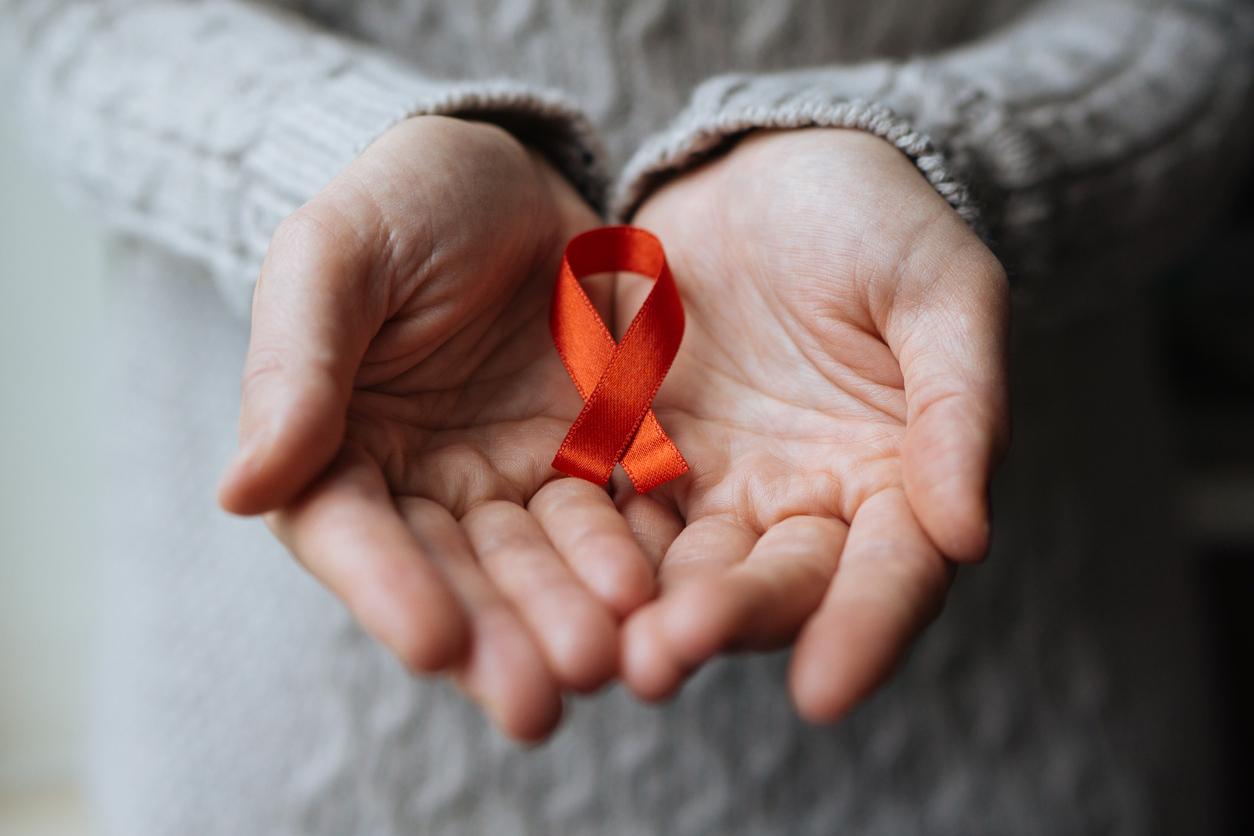
June 25, 2010 – Information given about a natural health product in a specialty store is believed to be based, in 88% of cases, on weak or no scientific evidence. In pharmacies, this proportion would be 27%.
This is what emerges from research carried out by Athabasca University in Alberta, conducted among 192 natural products stores and 56 pharmacies, located in Ontario, Alberta, British Columbia and the Maritime provinces. .
During the study, conducted between 2002 and 2008, 39 students from these provinces were asked to visit the 248 businesses.
They sometimes asked specific questions about a specific product, sometimes open-ended questions on how to improve one’s state of health (lose weight, improve memory, reduce stress, etc.).
Importantly, students requested information from the first person to offer help, regardless of whether or not it was a pharmacist.
|
Some natural products that have been the subject of specific questions, and for which little or no scientific evidence supports the alleged benefits:
|
For example, in 75% of health food stores, it has been wrongly claimed that shark cartilage can help cure cancer.
The results of the study worry researchers who note that 40% to 70% of Canadians take supplements regularly. And if pharmacies got a better rating, they could do much better, they point out.
Too many exaggerations
Pharmacist Jean-Yves Dionne, a specialist in natural products, lamented that “the researchers wanted to check whether shops and pharmacies apply pharmaceutical standards to natural products, which is impossible: natural products are not drugs”.
However, he agreed that in the shops, “it is clear that there are exaggerations, but if the pharmacies have done better, it is also because we often do not give an answer at all. They prefer to say that they don’t know rather than maybe ”.
And according to him, the results obtained in the other Canadian provinces would be more or less the same if we did the experiment in Quebec.
Why? “People who work in stores or pharmacies – and that includes pharmacists – are not adequately trained in natural products. This is the case in Quebec and elsewhere in Canada, ”he said.
What about consumers in all of this?
“Responsible consumers have to do the research for themselves and, fortunately, the information is easy to find on the Internet, if you have access to it,” he concludes.
Martin LaSalle – PasseportSanté.net
1. Temple NJ, et al, Advice on dietary supplements: a comparison of health food stores and pharmacies in Canada, Journal of the American College of Nutrition, December 2009, vol. 28, no 6, 674-7.

















